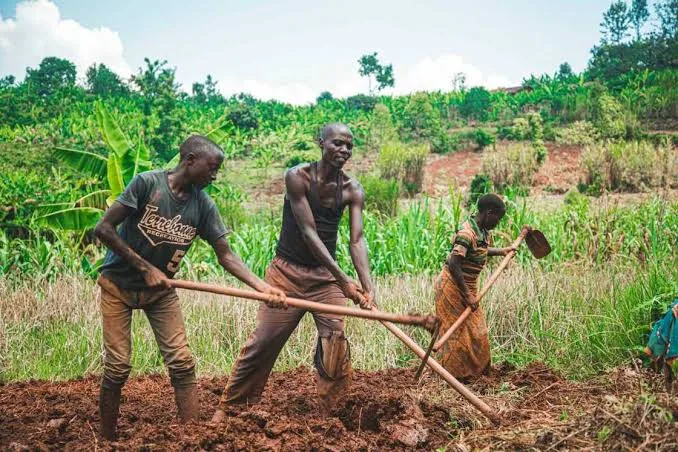

Nigeria’s agricultural sector is currently navigating a series of challenges and developments:
Flooding and Food Insecurity
Recent severe flooding has devastated 29 of Nigeria’s 36 states, destroying over 1.5 million hectares of cropland and affecting more than nine million people. This disaster has exacerbated food insecurity, with projections indicating that over 33 million Nigerians could face acute food and nutrition insecurity by mid-next year.
Rising Inflation
In October, Nigeria’s inflation rate rose to 33.88% annually, up from 32.70% in September, primarily driven by escalating food prices. Staple foods such as rice, maize, bread, and cooking oil have seen significant price increases, intensifying the cost-of-living crisis.
International Collaboration
The Nigerian government has signed a memorandum of understanding with Brazil’s Fundação Getulio Vargas to modernize the agricultural sector. This partnership aims to enhance private sector development in fertilizer production, hybrid seed technology, and agricultural finance, potentially boosting productivity and sustainability.
Innovative Initiatives
ThriveAgric, an agritech company led by CEO Uka Eje, is launching a pilot program to plant fruiting trees alongside staple crops. This agroforestry approach aims to sequester carbon, allowing farmers to earn and sell carbon credits, thereby generating additional revenue and contributing to climate change mitigation.
Disclaimer:
Every member is solely responsible for the content they publish on Nigerpress. Opinions, information, and statements expressed are not endorsed by Nigerpress.